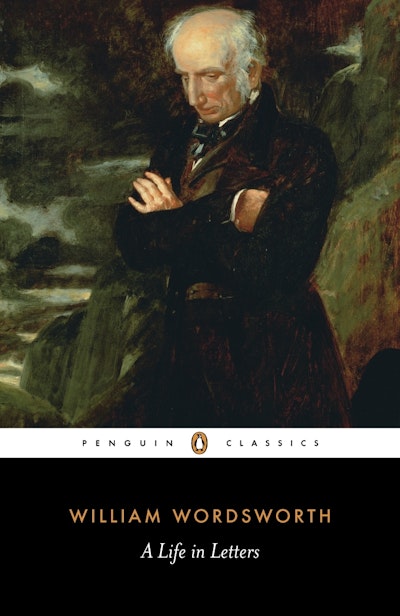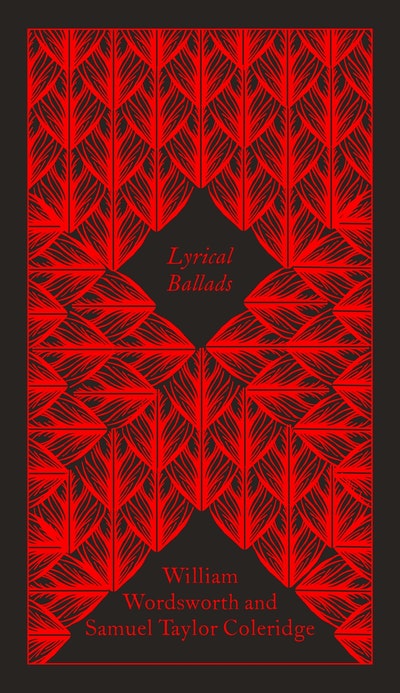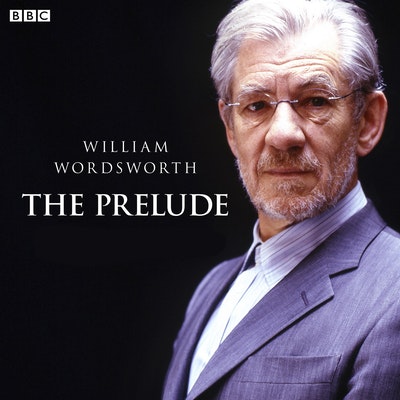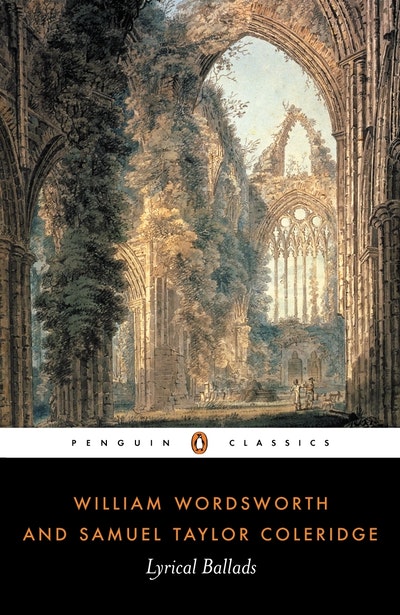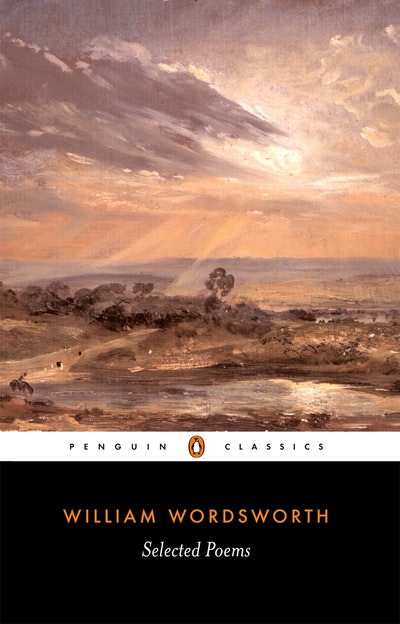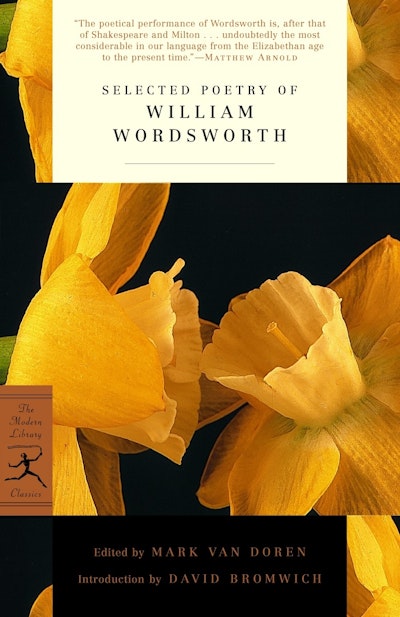William Wordsworth was born in the Lake District in April 1770, and died there eighty years later on 23 April 1850. He had three brothers and a sister, Dorothy, to whom throughout his life he was especially close. When she was six, and he was nearly eight, their mother died. Dorothy was sent away to be brought up by relatives, and a year later William was sent to Hawkshead Grammar School, scene of the great childhood episodes of The Prelude.
Wordsworth was cared for in lodgings and led a life of exceptional freedom, roving over the fells that surround the village. The death of his father, agent to the immensely powerful landowner Sir James Lowther, broke in on this happiness when he was thirteen, but did not halt the education through nature that complemented his Hawkshead studies and became the theme of his poetry.
At Cambridge, Wordsworth travelled (experiencing the French Revolution at first hand) and wrote poetry. His twenties were spent as a wanderer, in France, Wales, London, the Lakes, Dorset and Germany. In France he fathered a child whom he did not meet till she was nine because of the War. In 1795 he was reunited with Dorothy, and met Coleridge, with whom he published Lyrical Ballads in 1898, and to whom he addressed The Prelude, his epic study of human consciousness.
In the last days of the century Wordsworth and Dorothy found a settled home at Dove Cottage, Grasmere. Here Wordsworth wrote much of his best-loved poetry, and Dorothy her famous Journals. In 1802 Wordsworth married Dorothy's closest friend, Mary Hutchinson.
Gradually he established himself as the great poet of his age, a turning-point coming with the Collected Poems of 1815. From 1813 Wordsworth and his family lived at Rydal Mount in the next-door valley to Grasmere. In 1843 he became Poet Laureate.
